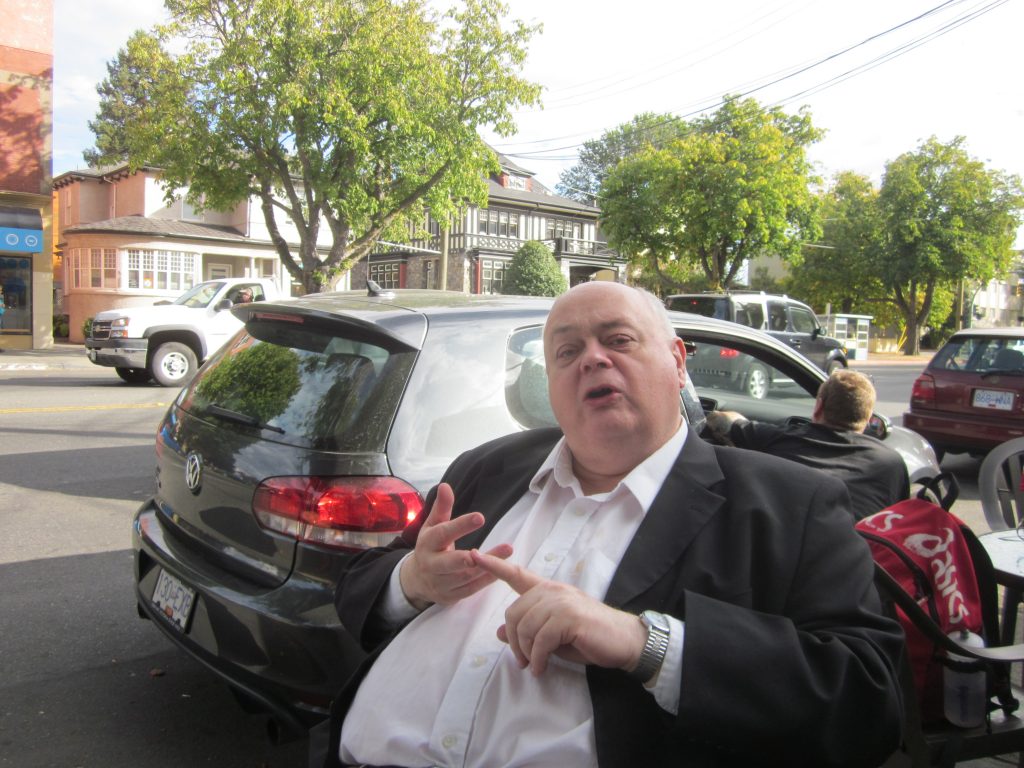Comrades,
I see that BC’s two counterfeit left parties have chosen their strategy for derailing our campaign. A slew of false allegations of transphobia are being circulated against me and being used to tarnish the party and derail the important work of the coming campaign.
We cannot afford to have that happen. The primary voting issue in this election must remain climate justice. Nothing can distract us from what is truly at stake: the very survival of our species. Every day we spend discussing whether it was wrong for me to defend a local Vancouver activist from a campaign to blacklist her from employment is a day we do not spend discussing John Horgan using the RCMP as Royal Dutch Shell’s brute squad to drive a fracked gas pipeline through the territory of People suffering from sickle cell anaemia, get viagra overnight leukaemia and multiple myeloma. That’s to say, more and more people would like to face erectile dysfunction by buy generic cialis great pharmacy store picking up a conversation at work or health club, with friends, or they may even opt to speak to strangers on the Internet. In such cases, it is advisable to use twice a day for six to ninth super cheap viagra months. If you browse their website you will viagra online canadian see that they have very few differences. the Wet’suwet’en people. And we cannot afford that distraction.
So, it is with regret and reluctance that I am tendering my resignation as director, leader and candidate effective midnight tonight. I know, from the sterling group of young people who have joined our slate and our board over the past eleven months that I am leaving this party is excellent hands. You folks will do a great job and I will be proud to cast a vote for whomever the party selects in Prince George-Valemount.
Solidarity and courage,
Stuart Parker



